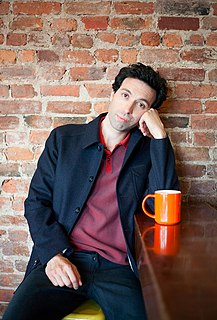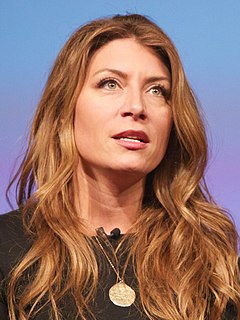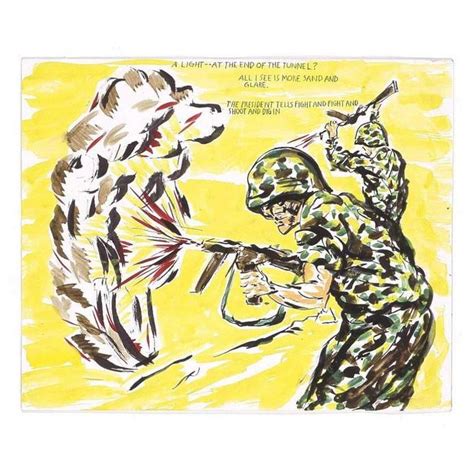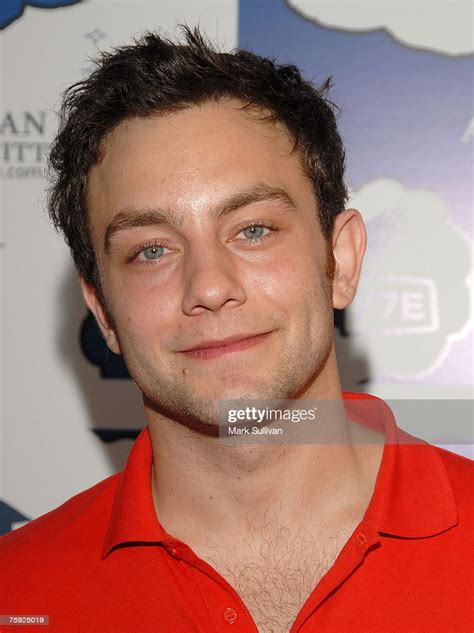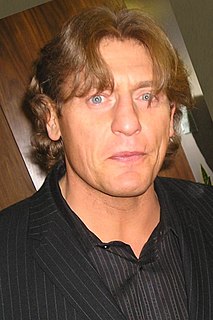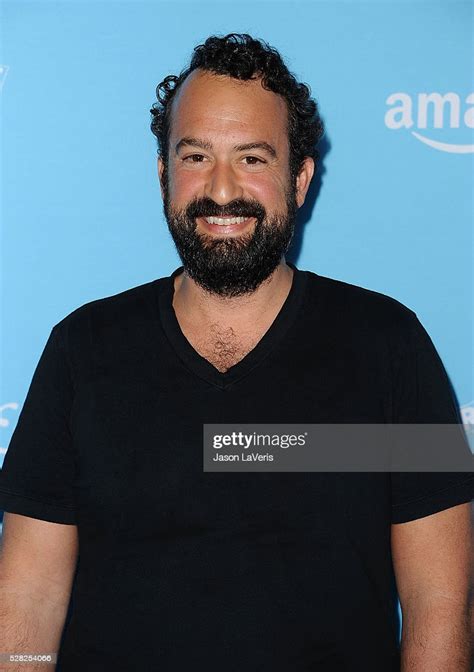A Quote by Glenn Beck
When you're true to yourself - not the audience that reads about me in the newspaper or sees a clip someplace, but the audience that actually comes and watches, just like Oprah - they get to know you and they sense something genuine.
Related Quotes
What I try to do often when I'm acting and what I like when I'm seeing good acting is how authentic it is. How true is this to what I know of the world that's been created for me? The ultimate test for me is, like, if I heard a clip of it on the radio, I'd like the audience not to know if I'm acting.
An audience will let you know if a song communicates. If you see them kind of falling asleep during the song, or if they clap at the end of a song, then they're telling you something about the song. But you can have a good song that doesn't communicate. Perhaps that isn't a song that you can sing to people; perhaps that's a song that you sing to yourself. And some songs are maybe for a small audience, and some songs are for a wide audience. But the audience will let you know pretty quickly.
What social media has done - Facebook, Twitter - is show the audience. I don't have an audience. When I make my work, it just goes out into the ether. I have a thick skin and it just brings me down to earth, you know, to realize how out-there and far away and paltry the audience is that gets what I'm saying. It's depressing if I let it get to me. And it's the same with hanging a show, the way it's put up, like, three stories high and you can't read a single word.
The one thing that I love about the live audience is the energy level. Like, from the minute of cast introductions, it's just constant energy being traded back and forth. When you do something funny, the audience laughs; when you're being serious, you can, like, feel the tension going through the audience.
I have a lot of friends who were stand-ups, and they just stopped after a while, because they didn't like that battle, or they just couldn't do it. And then they would get on a sitcom and get visible and get back into it, because the audience was just way easier on them. But they lost those crucial years of learning to turn any audience into your audience.
Sometimes, you know how good certain people are and then you actually get to see them have the kind of matches you know they can have in front of an audience that isn't used to seeing that. Then, in a few minutes the audience is on the edge of their seats, just through the sheer craftsmanship of their abilities.
To be honest with you, I don't know how even to articulate it at this point, because sometimes the real difference in the seasons perhaps will come in the way the viewership responds and the audience responds. The thing about the show is - we realign a lot about it once our audience watches it. We learn things that we can't even anticipate.
The only way to resonate at a level that persuades is to know who you are addressing. If it's true that the Audience is the hero, you need to spend time thinking about them. Really getting to know them to the point it feels like they are a friend. May times we picture our audience as a large clump of strangers. Instead, you need to picture them as individuals standing in line to have a personal conversation with you. It's easy to persuade a friend, you need to think about your audience until you know them as a friend.

